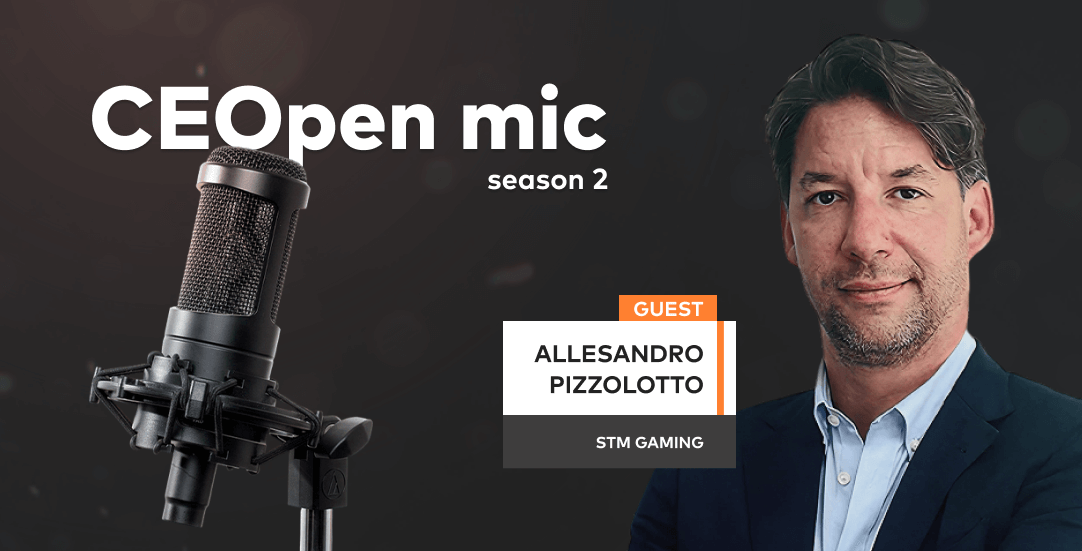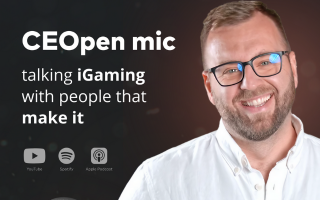Decoding opportunity – unleashing Africa’s growing iGaming sector

Africa’s iGaming industry is experiencing rapid growth, but succeeding in this diverse environment calls for a tailored strategy. Alessandro Pizzolotto, founder of STM Gaming, offers deep insights from years of operating across the continent. This article explores his path, revealing essential tactics for success and breaking down common myths about this frequently underestimated region.
From poker affiliates to African powerhouse
Alessandro’s career took an unexpected turn early on. Originally an engineering student (studies left unfinished!), he ventured into poker affiliate marketing, later broadening his scope to include casinos and sportsbooks. After launching Game Revolution in Italy, he moved to Tenerife and eventually settled in Malta in 2010 – drawn by legal advantages and proximity to the Italian market. But his ambitions soon extended beyond Europe. A tax-driven government crackdown in Italy between 2013 and 2014 pushed him to explore new horizons: Africa.
Entering Africa
Breaking into African markets wasn’t simple. Limited internet infrastructure and high operational costs were significant barriers. Alessandro quickly realized that localizing content was key to engaging audiences. Initially partnering with BTObet and acting as a B2B platform reseller, he eventually pivoted to a B2C model to better adapt to Africa’s diverse consumer base. This shift proved crucial for gaining flexibility and market-specific responsiveness.
Understanding rules and payments across borders
Although African licenses are typically more accessible and cost-effective than those in Europe, Alessandro stresses that each country comes with its own legal intricacies. Mobile money dominates as the preferred payment method, requiring deep understanding of regional practices. He also notes stark differences between East and West Africa, including language diversity and the need for culturally relevant content.
Balancing high margins with hidden costs
Africa’s iGaming landscape offers stronger margins – sportsbook profits can be up to 10% higher than in Europe – but Alessandro warns against ignoring the less-visible expenses. These include steep mobile money transaction fees, high server costs from elevated activity, and currency instability. Interestingly, he highlights crash games as a highly profitable niche.
Marketing smarter
While many rely heavily on billboards and street-level promotions, Alessandro encourages a broader approach. He sees great promise in digital strategies like SEO and affiliate marketing. His company generates 35 – 40% of its traffic through affiliate partners – many based in Eastern Europe – proving the effectiveness of this method in African markets. He also touches on the difficulties of securing ad approvals from platforms like Meta and Google within the region.
Why local presence and collaboration matter
Alessandro’s most transformative insights came from firsthand exposure: traveling extensively across Africa and observing gambling behavior in person. This direct approach deeply informed his strategies. He stresses that local partnerships are essential for navigating legal systems, banking protocols, and cultural differences. His experience leaving Nigeria illustrates the challenges posed by entrenched competitors and legal complexity.
Key lessons and looking ahead
Alessandro’s experience reveals both the promise and the demands of Africa’s iGaming market. He emphasizes:
- Local alliances – crucial for managing regulatory, financial, and cultural nuances,
- Digital-first marketing – SEO and affiliate channels remain largely untapped,
- Product adaptation – customizing offerings to match market-specific needs and tech infrastructure.
Real-world insights from local engagement are indispensable
Africa is far from a uniform market. It’s a rich mosaic of distinct opportunities and obstacles, requiring a strategic, flexible, and well-informed approach. Alessandro’s story stands as an insightful guide for those aiming to enter and thrive in this fast-growing sector.
This article is based on an episode of the CEOpen mic podcast. For the full conversation and more insights, tune in to CEOpen mic on YouTube and Spotify – don’t forget to subscribe so you never miss an episode!





















